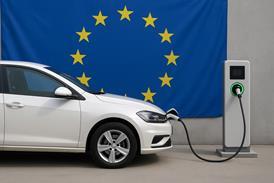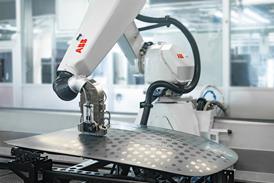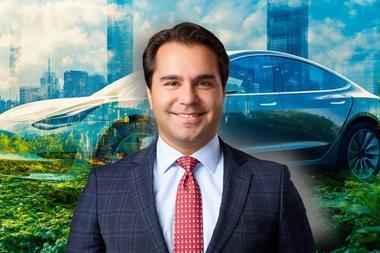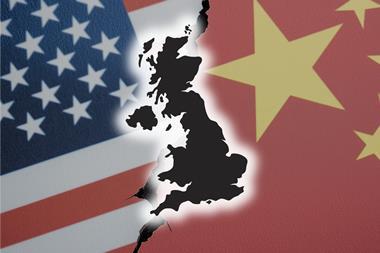 It used to be that carmakers were from a given country, an integral part of the national heritage. Every product announced how it was made with pride in towns full of hard-working people that lived and died the brand. You didn’t choose which company you worked for, your birthplace chose for you; working for the local carmaker was something to aspire to, a natural progression.
It used to be that carmakers were from a given country, an integral part of the national heritage. Every product announced how it was made with pride in towns full of hard-working people that lived and died the brand. You didn’t choose which company you worked for, your birthplace chose for you; working for the local carmaker was something to aspire to, a natural progression.
Those days are long gone. The trend of carmakers to outsource parts manufacturing and locate where overheads are the lowest has thrown traditions out the window. What carries a familiar badge now quite possibly includes components from every continent on the planet, with cost of assembly dictating where the final product is built. The trend for carmakers to chase around the globe in search of the lowest possible overheads appears to be gathering momentum. What started 20 years ago as an experiment in cost savings has become the norm, with volume manufacturers having no hesitation in picking up sticks to move to greener, leaner pastures. Besides the initial cost-savings to be reaped by moving into a region with reduced overheads, there is also a selfdefeating element to this policy. By default, new car factories in lower-income regions create an influx of local wealth, new employees (for the most part with the backing of a union) who get wages far in excess of their neighbours. As the pay packets go out, the region’s potential buying power goes up, the tax base increases and before long, overheads are on the rise again. What then? Downsize, or perhaps move once more, leaving another set of disenfranchised former employees in the company’s wake? Not an appealing situation, from any angle. But what is the solution? Taking into account the short-term gains over long-term stability, moving production facilities is not the answer. As is being demonstrated in the US, economies are cyclical; those that go up will - eventually - come down. While at the height of a boom period, it may be tempting to move, enjoy the immediate savings, the tax breaks, by taking up residence in a new location.
But patience, as it is often said, is a virtue. With parts manufacturers suppliers EDAG and BorgWarner and carmakers Volkswagen and BMW considering new investment in the US to take advantage of the weakened dollar, is the greener grass back on the other side of the fence? It is possible that, without the NAFTA-prompted exodus, US carmakers would have stayed where they were, well positioned to take advantage of the current economic conditions. With the free-trade agreement a major bone of contention in the upcoming presidential race and US politicians offering to re-examine the arrangement, the possibility remains that new factories built to take advantage of lower costs will find themselves stranded on the wrong side of the border.





































